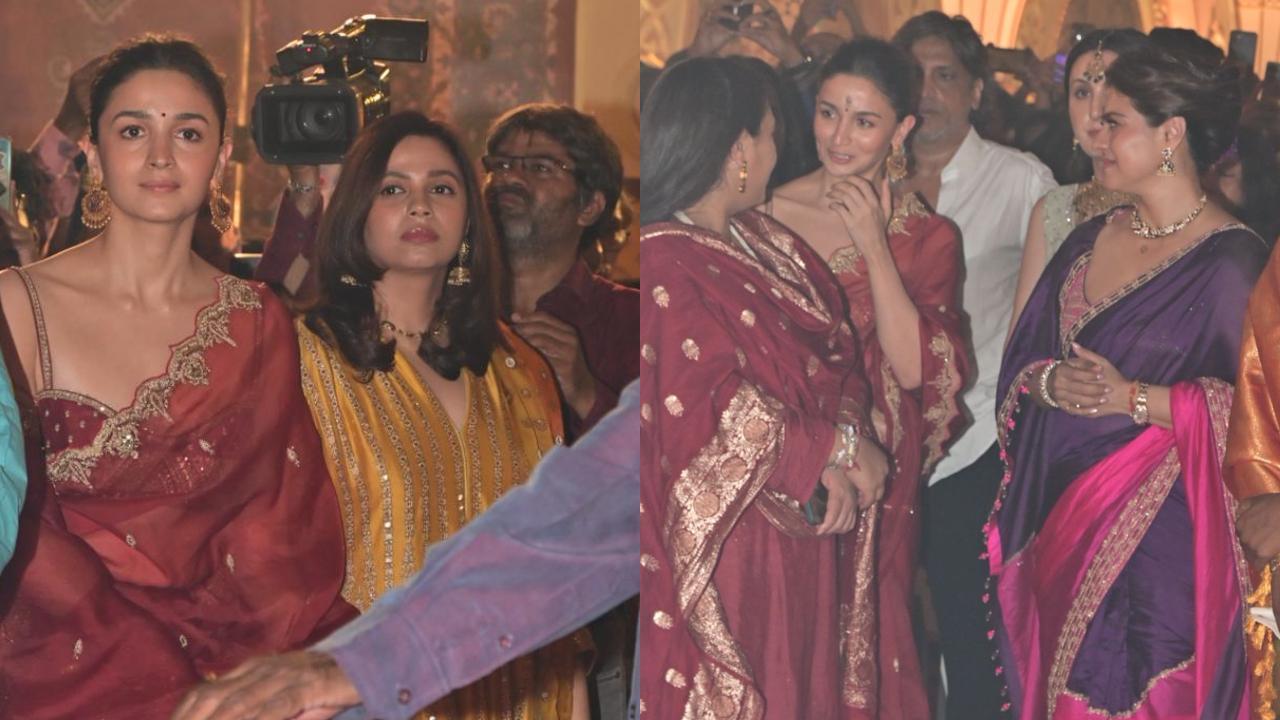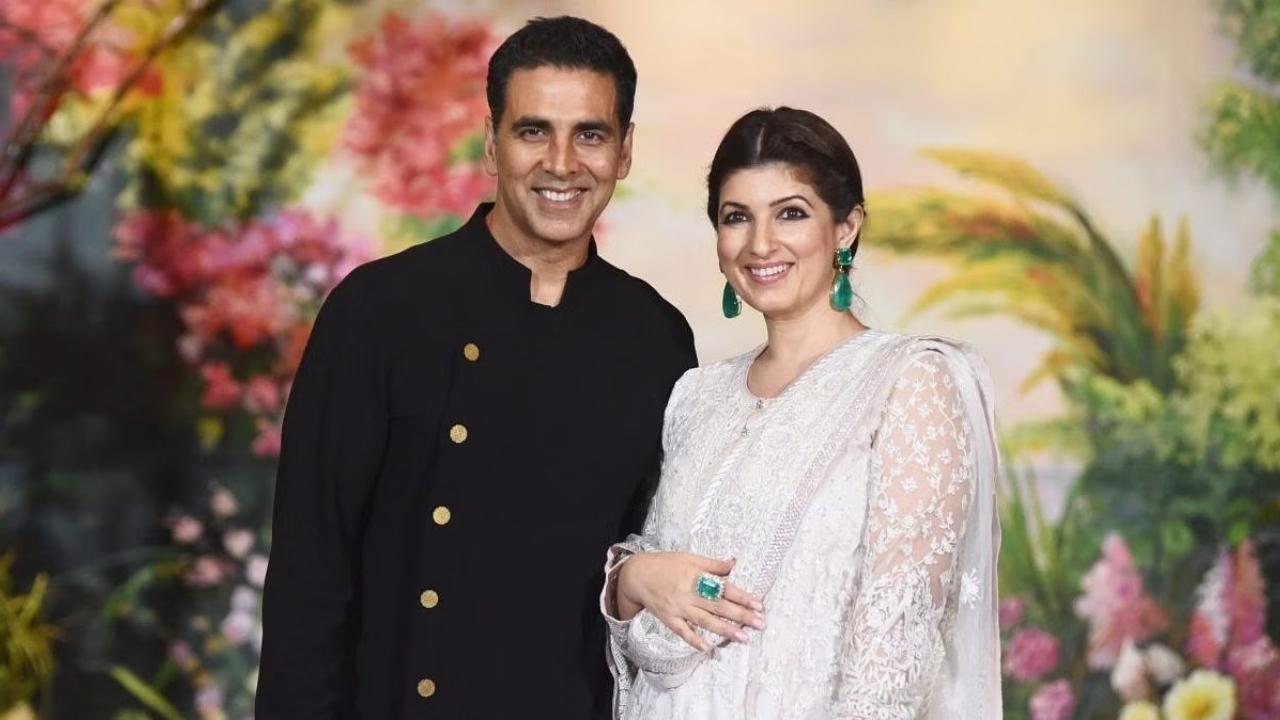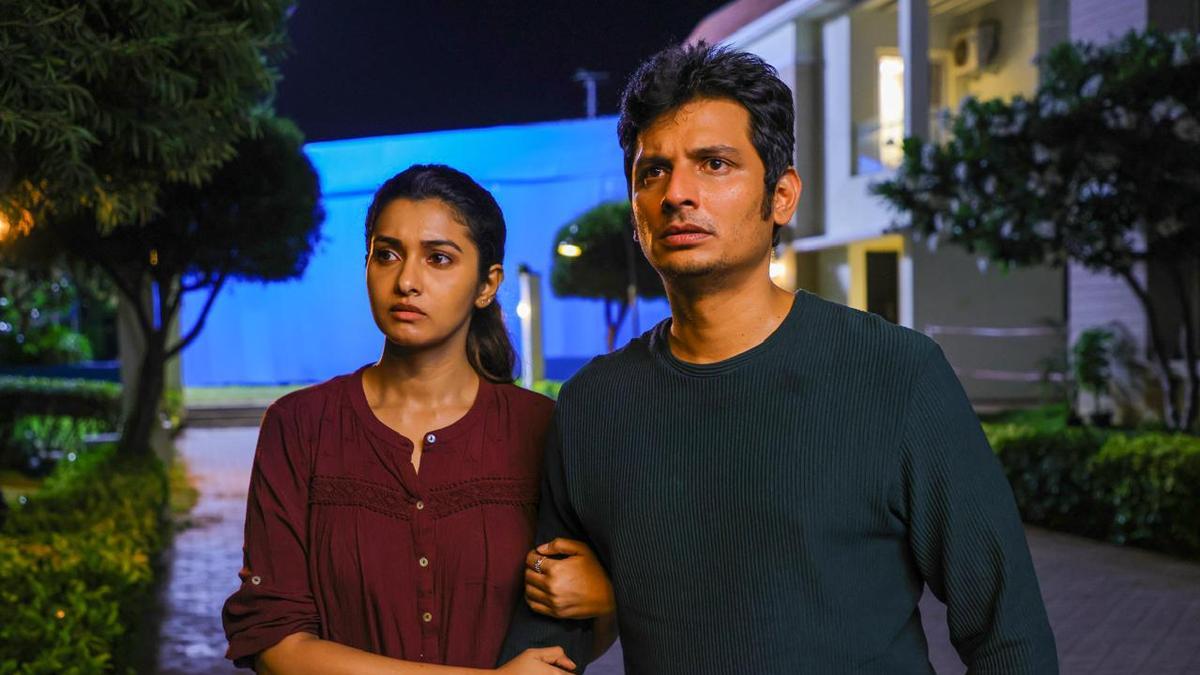
Movies have a unique ability to influence us in both trivial and profound ways. For those who grew up in the 1990s, cinema was often a window into the world and carried powerful impressions, sometimes sparking irrational fears due to the plot twists and narratives they unearthed. As a child, I developed an inexplicable and premature anxiety about international travel, courtesy of the Bollywood film ‘Gumrah’ (1993), featuring Sridevi and Sanjay Dutt. Under the direction of Mahesh Bhatt, this movie offered a chilling jailbreak storyline set between Mumbai and Hong Kong—a narrative that left me clutching my luggage with undue caution on my first overseas flight, vigilantly wary of others around me. This emotional baggage was, in part, Bhatt’s doing, along with the deceitful character played by Rahul Roy.
Fast forward to the present, Vasan Bala has resurrected this concept for a new generation with ‘Jigra’, a modern reinterpretation of ‘Gumrah’, presented by Dharma Productions and headlined by Alia Bhatt, daughter of Mahesh Bhatt. Despite the film’s polished exterior and aesthetic competence, it struggles to evoke the same intense emotional grip that masterful incarcerated-abroad dramas have historically delivered—films such as Alan Parker’s ‘Midnight Express’ (1978) which, albeit controversial in its portrayal, still resonates with audiences for its gripping narrative. One might wonder if, in our current age saturated with travel influencers, economical travel options, and a plethora of true-crime content warning against international perils, fictional tales have lost their cautionary power.
‘Jigra’ centers around Satya, portrayed by Alia Bhatt—an orphan burdened by the responsibility of raising her younger brother following their father’s tragic demise. Their upbringing relies on the conditional kindness of a remote uncle. Vasan Bala exhibits a distinctive knack for breathing life into transactional relationships, as seen in his earlier works, ‘Mard Ko Dard Nahi Hota’ and ‘Monica, O My Darling’. The plot thickens when Ankur (played by Vedang Raina), a young tech expert, is erroneously imprisoned in the fictional East Asian setting of Hanshi Dao during a business trip. A determined Satya embarks on a rescue mission, only to be met with the harsh reality: the region’s law mandates capital punishment via electrocution for suspected drug criminals like Ankur.
Labelled as a ‘jailbreak’ narrative—a term only introduced midway in the film—’Jigra’ follows Satya’s race against time as she joins forces with Bhatia (Manoj Pahwa), an ex-gangster with fatherly instincts, and Muthu (Rahul Ravindran), a former cop seeking solace. Their mission leads them to an elaborate prison compound isolated on an island.
. Interestingly, the film breaks the fourth wall momentarily, acknowledging its complexity in classic Vasan Bala fashion, with Bhatia’s remark on the film resembling a masala movie. Bala’s directing style is an ongoing homage to the films that inspire him, filled with affectionate nods and cinematic Easter eggs. Satya’s character draws influence from Amitabh Bachchan’s archetype of the angsty orphan, and a flashback evokes the era of villains like Ranjeet, Amreesh Puri, and Jeevan. In Bala’s storytelling universe, cinematic boundaries are fluid, with eclectic references like the prison warden of Indian descent, portrayed by Vivek Gomber in an amusing blend of languages, named Hans Raj Landa. The film offers a treasure trove of cinephile callbacks to spot, from Kim Ki-duk references to Red Apple cigarettes.
However, one question emerges: does Bala’s consistently referential style harmonize with the narrative’s emotional depth, as it did in his earlier works, or is it veering into territory reminiscent of youthful fandom? Alia Bhatt delivers a compelling, reassuring performance as Satya—portraying her with an unpredictable resilience akin to a bottle rocket set precarious on unfamiliar terrain. Comparisons have been drawn between the intense family themes explored in ‘Jigra’ and Sandeep Reddy’s ‘Animal’ (2023). Yet, Bala’s inherently gentle approach doesn’t fully embrace the dark depths of Satya’s journey. A particularly revealing scene depicts Satya contemplating self-harm to bargain for Ankur’s release, only to be talked out of it—illustrative of the film’s internal dissonance.
Vedang Raina’s portrayal of Ankur captivates, further enlivening scenes with authentic emotion. However, the film could have benefited from narrating entirely from Satya’s perspective, rather than oscillating between parallel attempts from both inside and outside the prison, thus losing some narrative clarity.
Despite acknowledging moments of vibrant energy with the recurring reassurance “I got the fire”, ‘Jigra’ ultimately fails to achieve critical mass in its emotional and narrative momentum. The climactic succession of ambushes, infiltrations, and daring escapes feels overly extravagant. This conventional chaos undermines the film’s quieter, poetic instances—such as Satya in repose on a harbor bench amid dawn hues, basketball as a sibling motif, and a life encapsulated within the tranquil hours of a restaurant devoid of background music. In his next project, it might be wise for Bala to further hone this distinctive gift for capturing cinematic poetry.










